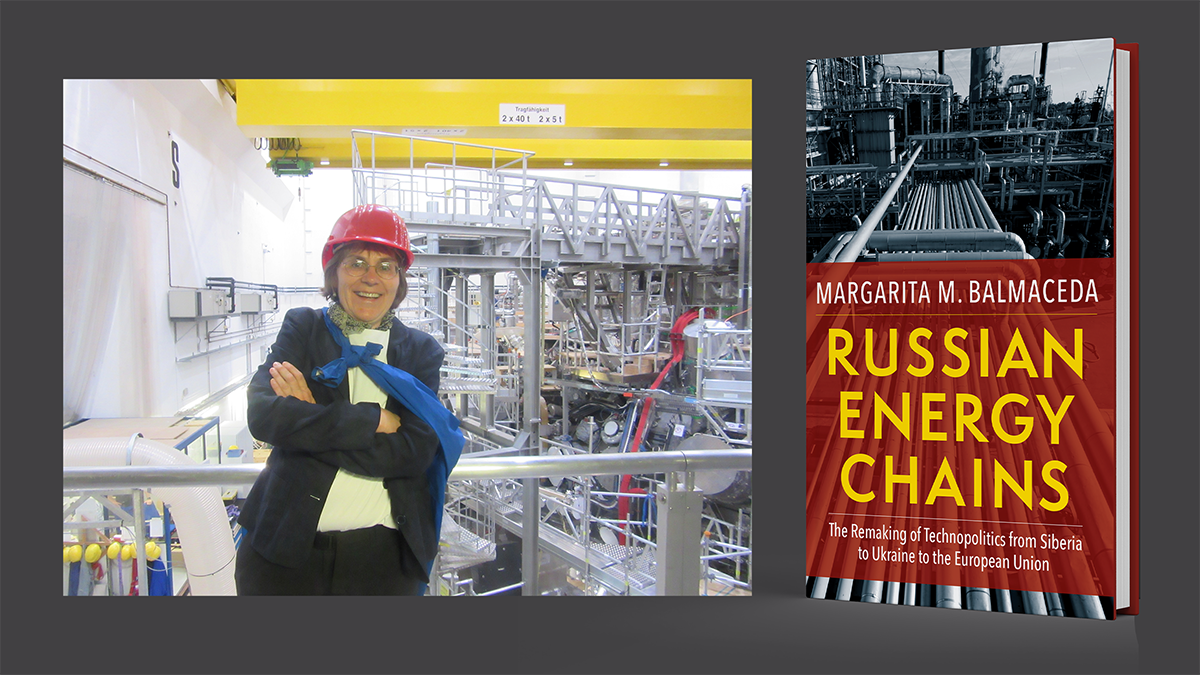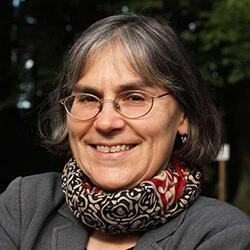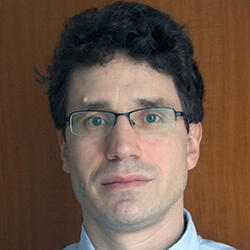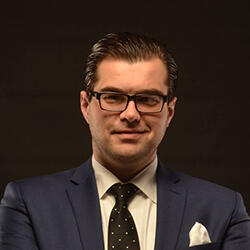Date:
Location:
A Book Panel on Margarita Balmaceda’s Russian Energy Chains: The Remaking of Technopolitics from Siberia to Ukraine to the European Union
Speakers: Margarita Balmaceda, Paul D'Anieri, András Deák, and Andrian Prokip
Moderated by Benjamin Schmitt
Register for the Zoom webinar or watch on YouTube

Abstract
Scholars and pundits have often discussed Russia’s use of energy as a weapon and element of threat against post-Soviet states such as Ukraine. Yet the threat of Russia’s energy power cannot be fully understood without also understanding the temptation Russian energy has meant for many within these states – from the temptation of corruption-related profits to transportation fee income to subsidized prices – benefits acquired through participation in the value chains of Russian energy exports. It is this tension between energy threat and temptation in the arch between Vladivostok and Brussels – involving myriad actors in Russia, post-Soviet states, and the European Union – that creates the puzzle this book seeks to solve.
In this presentation, the author will present an overview of how this tension between participating in the value chains of Russian energy as threat and as temptation affected Ukraine’s political development and its international entanglements. On this basis, she will also explore the traps that particularly profitable ways of participating in Russia’s energy value chains create for Ukraine as the world and particularly the EU move into an increasingly liberalized and decarbonized energy future.
The talk will be followed by comments from Paul D’Anieri (UC Riverdale), András Deák (Hungarian Academy of Sciences), and Andrian Prokip (Ukrainian Institute of the Future and Kennan Institute).
About the Speakers

|
Margarita Balmaceda (PhD, Princeton University) is Professor of Diplomacy and International Relations at Seton Hall University, and heads the Study Group on “Energy materiality: Infrastructure, Spatiality and Power” at the Hanse Wissenschaftskolleg (Germany). Her research analyzes the connections between natural resources, international relationships and political development, focusing on energy (oil, natural gas, coal, nuclear, renewables), steel, and the metallurgical sector in Ukraine, the former USSR, and the EU. Her books on the subject include: Energy Dependency, Politics and Corruption (2008), The Politics of Energy Dependency: Ukraine, Belarus and Lithuania Between Domestic Oligarchs and Russian Pressure (2013), and Living the High Life in Minsk (2014). Capitalizing on her Ukrainian, Russian, Hungarian, and German skills, she has conducted extensive research in Ukraine, Russia, Belarus, Lithuania, Moldova, Hungary, Germany and Finland. As Petro Jacyk Distinguished Fellow in Ukrainian Studies at HURI, she is currently conducting a project on “Mariupol between Oligarchs, Russian Aggression, and Global Metallurgical Markets.” Her new book, Russian Energy Chains: the Remaking of Technopolitics from Siberia to Ukraine to the European Union (2021) analyzes how differences in the materiality of different types of energy can affect how different types of energy may be “used” as sources of foreign and domestic power. |

|
Paul D'Anieri is a Professor of Political Science and Public Policy at the University of California, Riverside. His research examines the international and comparative politics of the post-Soviet region, focusing on Ukraine and Russia. His most recent book is Ukraine and Russia: From Civilized Divorce to Uncivil War (Cambridge University Press, 2019). His other books include The Sources of Russia’s Great Power Politics: Ukraine and the Challenge to the European Order (2018; with Taras Kuzio); Orange Revolution and Aftermath: Mobilization, Apathy, and the State in Ukraine (editor; 2010); Understanding Ukrainian Politics: Power, Politics and Institutional Design (2007); and Economic Interdependence in Ukrainian-Russian Relations (1999). His textbook International Politics: Power and Purpose in Global Affairs is currently in its 5th edition. In 2017, he was Eugene and Daymel Shklar Research Fellow in Ukrainian Studies at Harvard University. He received his PhD in Government from Cornell University and his BA in International Relations from Michigan State University. |

|
András Deák is Senior Research Fellow at the Institute for Strategic and Defense Studies, UPS, Budapest. He received his Diploma (MA) and his Doctorate (Ph.D.) in International Relations, in 1997 and 2003, respectively, both from the University of Economic Sciences, Hungary. His research fields cover economic processes in the post-Soviet space, integration into the world economy and energy policy in particular. He has authored 70 publications and participates around 20-30 international academic and policy conferences, workshops. He edited six study books primarily on current Russian economic trends and its integration into world economy. Deák also holds courses in different Hungarian universities on contemporary Russian history and post-Soviet regional studies. |

|
Andrian Prokip is an energy analyst at the Ukrainian Institute for the Future (an independent think tank in Kyiv) and is serving as a senior associate at the Kennan Institute (Woodrow Wilson Center, Washington, DC). He received his PhD in 2010 and habilitation in 2019, working on biomass energy usage, energy security and sustainability of energy security. He had several scholarships in the US, including as a Fulbright Scholar at the Kennan Institute. On a regular basis, Prokip publishes op-eds in the US and EU tracking changes and reforms in the Ukrainian energy sector. The most recent book Prokip co-authored is From “the Ukraine” to Ukraine: A Contemporary History, 1991–2021. |
Moderator: Benjamin L. Schmitt, Postdoctoral Fellow, Harvard University; Former European Energy Security Advisor, U.S. Department of State.
───◊───
Persons with disabilities who wish to request accommodations or who have questions about access, please contact Megan Duncan Smith, HURI Programs Coordinator, at duncansmith@fas.harvard.edu in advance of the session (at least two weeks prior, if possible).
Watch videos of past HURI events on our YouTube Channel and subscribe to our email list to receive announcements about events and other activities.